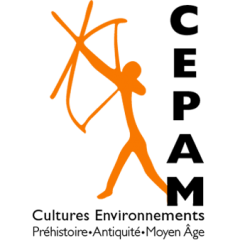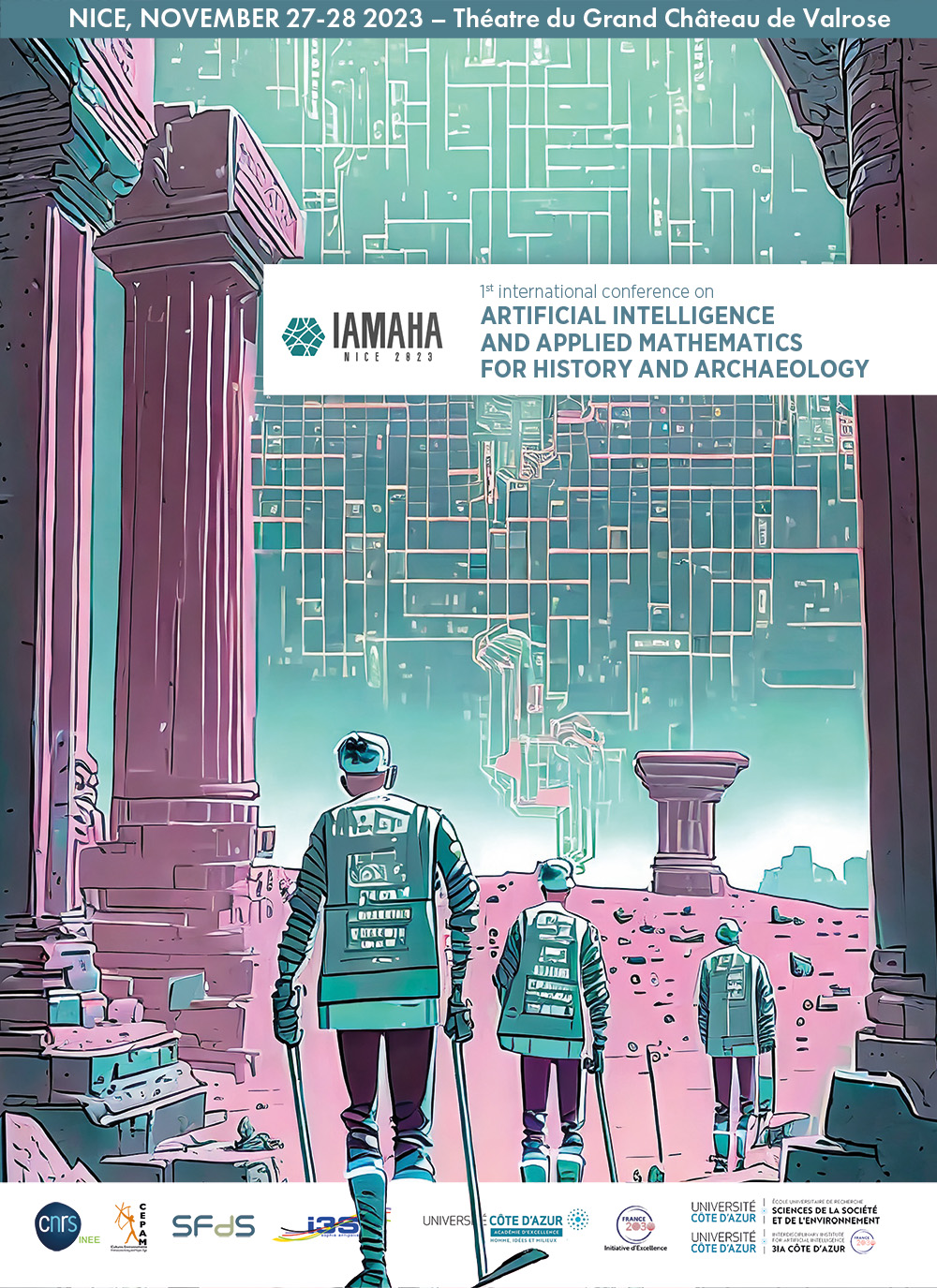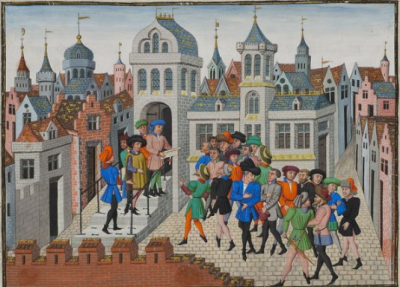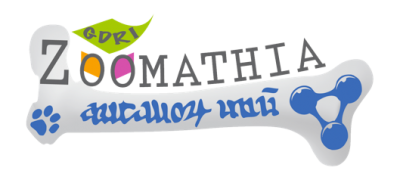Source : https://iamaha.sciencesconf.org
Programme : PDF
Livret : PDF
The 1st international conference on artificIAl intelligence and applied MAthematics to History and Archaeology (IAMAHA), co-organised by CEPAM, INRIA Côte d’Azur and I3S, will be held in Nice on November 27-28, 2023.
The aim of this interdisciplinary conference is to federate the different communities in the acronym IA-MA-HA and to foster new international collaborations. IAMAHA aims at gathering researchers carrying out their research activities at the intersection between Artificial Intelligence, Machine Learning and Applied Mathematics, from one side, and History, Archaeology and Art History, from the other. A focus on the issues concerning the use of AI into the fields of archaeology and history will be addressed.
The symposium will be structured around 4 half-day sessions covering 4 major research axes (more details in Program) :
AI-AM for history and philology
AI-AM for arts and archaeology of buildings
AI-AM for materials of the past (lithic, ceramic, organic, etc.)
AI-AM for modelling of socio-environmental systems
28, avenue de Valrose
06000 Nice, France
Rencontres scientifiques à venir
Consulter toutes les rencontresAppel à communication | Histoires d'eau
150e Congrès national des sociétés historiques et scientifiques
Colloque | Congrès Préhistorique de France 2026 : Appel à communication session
Session organisée dans le cadre du prochain congrès de la Société Préhistorique française
Appel à contributions | Les espaces funéraires ruraux en Gaule romaine (Ier s. av. J.-C. au VIe s. apr. J.-C.)
XVIIe Colloque de l’Association d’étude du monde rural gallo-romain
Colloque | Les habitants en assemblées (Europe, XIIe-XVIIIe siècle)
Appel à communications, 15 mars 2026
Conférence | Animal Behaviour and Environments: Ecological Perspectives from Antiquity to the Present
XIIe ZOOMATHIA Conference – Submission of Proposals, May 15, 2026
Appel à contributions | Bâtis et territoires. Construire les espaces habités de la Protohistoire à nos jours : approches archéologiques et historiques
46es Rencontres internationales d’Archéologie et d’Histoire de Nice Côte d’Azur, organisées par Fabien Blanc Garidel, chef du service d’Archéologie Nice Côte d’Azur ; Sandra Zanella MCF, CNRS UMR 7264 CEPAM-Université Côte d’Azur







